Titles are chosen by editors and not journalists or experts. I fought my editor over the above title. Yes, I address the teaser—and I explain a solid altcoin investment model. But, that comes after the break. The first part of this article should be titled “Why would anyone quote cost or value in Bitcoin?”. The subjects are highly related, so bear with me…
Today, a reader asked this question:
Some financial sites discuss value in Bitcoin terms, rather
than dollars or Euros. Why would I calculate the value of a
new car, my rent or an investment in this way? It’s hard to
understand how much money I need!
Answer: Your right! It’s difficult to estimate the value of a car or your rent in terms of Bitcoin. You are paid in dollars or Euros—and your landlord quotes rent in the same currency.
On the other hand, it’s natural to gauge the value of something by comparing it to a commodity that you earn and spend at a steady or predictable rate. Therefore, your assumption that it makes more sense to determine value on a dollar-basis is absolutely correct. No one determines the value of a new car by comparing the cost with a government’s national debt—or the number of donuts you would need to sell (unless you are a donut maker).
But, this assumption is transitory. It is based on a historical paradigm that is gradually changing. We are entering a bold new era. A big debate is shaping up over How gradual is the change? But make no mistake: This change is occurring in our lifetimes…
That change will eventually lead you to estimate, earn, spend and value things in Bitcoin or a similar cryptocurrency. One day soon, fluctuations in the value of the US dollar or Euro will cause you to wonder “What is happening with the dollar?” rather than shake your confidence in Bitcoin. Bitcoin (or something similar) will integrate into your mindset as the exchange medium, rather than fiat currency of a nation state.
Naturally, a series of dominos must fall, before you realize that Bitcoin is the money. I predicted this four years ago, and the process is already occurring. It is retarded by two unfortunate events, but these are both temporary setbacks:
- Today, more people are hoarding and speculating rather than accepting or spending Bitcoin for goods and services. This delays the day that it can act as a useful, functional currency.
- Miners, users, vendors and developers are chasing different goals. This makes it very hard to agree on necessary changes that will address several critical technical problems (i.e. transaction cost, speed, electrical demand, replay issues, etc).
Both of these problems have solutions, and we have already seen the solutions at work in altcoins. Think of forks and altcoins as beta tests…Bitcoin will fold in the best of these technical improvements and will very likely continue to inch toward becoming the world’s de facto currency.
Revenue Neutral Investing
To answer the question in the title, let’s look at this from a completely different angle. The individual who asked the original question went on to ask this:
Cryptocurrency sites compare and track the cost of altcoins in
terms of Bitcoin rather than dollars. What’s with that?! Do they
assume that we will all be selling Bitcoin to buy the new altcoin?
It actually makes sense to value altcoins in terms of Bitcoin—even today. How so?…
This growing trend provides very useful information. This method of quotation helps the reader to determine the relative change in value between the two currencies and compare it to fundamentals that they learn from news and research. The information can then be used to hedge an investment or even craft a revenue-neutral investment strategy. Allow me to explain…
I am long on Bitcoin. This is not likely to change. So I keep a significant fraction of my wealth in this form.
But, I also understand that the use and market for cryptocurrencies is young and very immature. A very few other forks and altcoins are the real deal. They have solved some major technical flaws with Bitcoin and they have the potential to become a credible, functional currency. This isn’t the place to explain my favorite coins, but the strategy is relevant.
Since I already have a substantial position in Bitcoin, I wish to avoid further exposure in the market. Therefore, I invest long and short at the same time (for example, using puts and calls)* on certain coins that are likely to perform better than other coins. This reduces risk, by leaving me without a loss, if the entire market rises or falls. The only way I might lose is if I get it exactly wrong! That is, if the coins that I believe are scams do better than the ones that I feel are well-designed and with a solid adoption trend. (Remember: The risk reduction strategy is to invest on the difference between an overvalued dog and an under-performing beauty).
To avoid the downside scenario (i.e. getting it exactly wrong), focus on fundamentals and not the cost of a unit, short term trends, emotional zeal, or other technical issues. Don’t follow the crowd! Bet on value and bet against hype. (TIP: The take-away, here, is to do both at once!). Investors who consider only asset cost and trends are in a craps shoot. The smart money determines which coins are likely to be a better functional instrument than other coins and then sticks with a dollar cost averaging plan for months at a time.
Want to learn more? Want to know which coins I admire? Reach out. Let’s talk. I don’t bite.
* A regulated financial exchange for puts and calls does not exist for altcoins. But, with a little research, you can create an nearly equivalent futures contract or options instrument. You may need to be a bit creative.
Philip Raymond co-chairs CRYPSA, publishes A Wild Duck, hosts the Bitcoin Event and kicked off the Cryptocurrency Expo in Dubai. Click Here to inquire about a live presentation or consulting engagement.

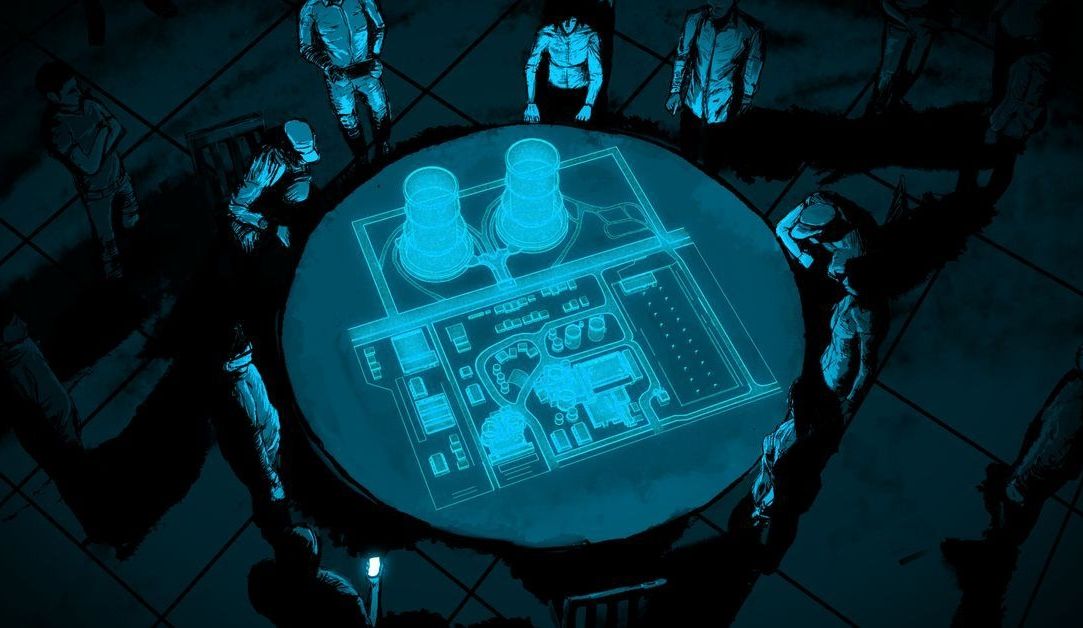
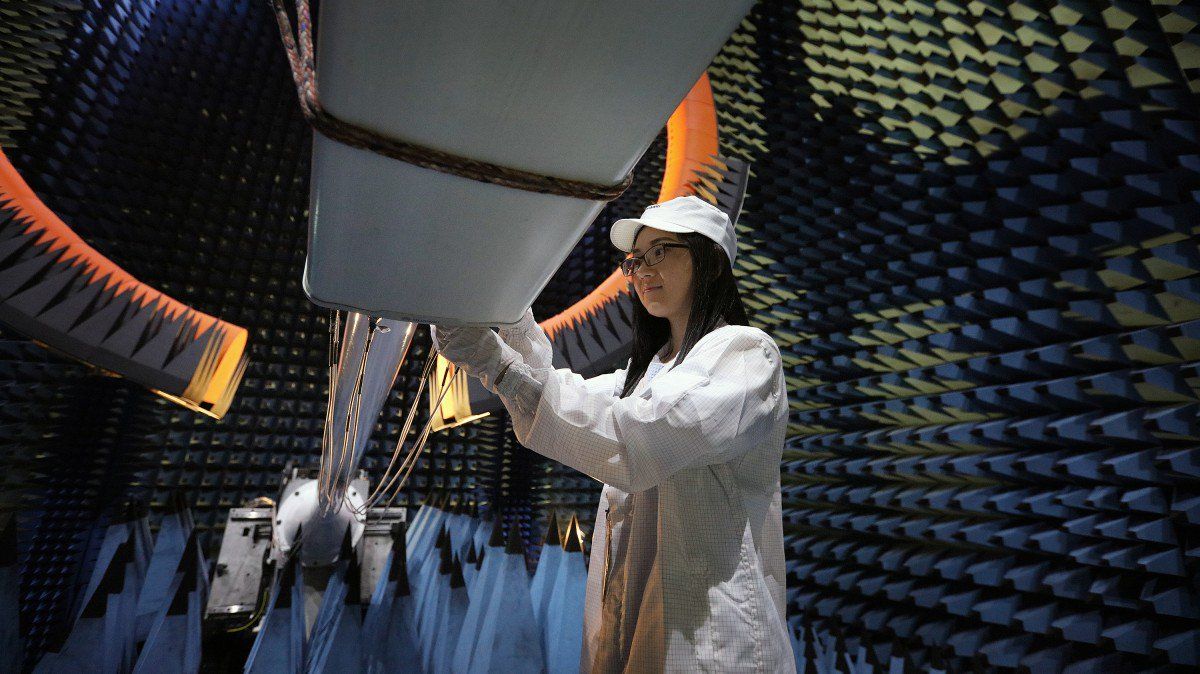



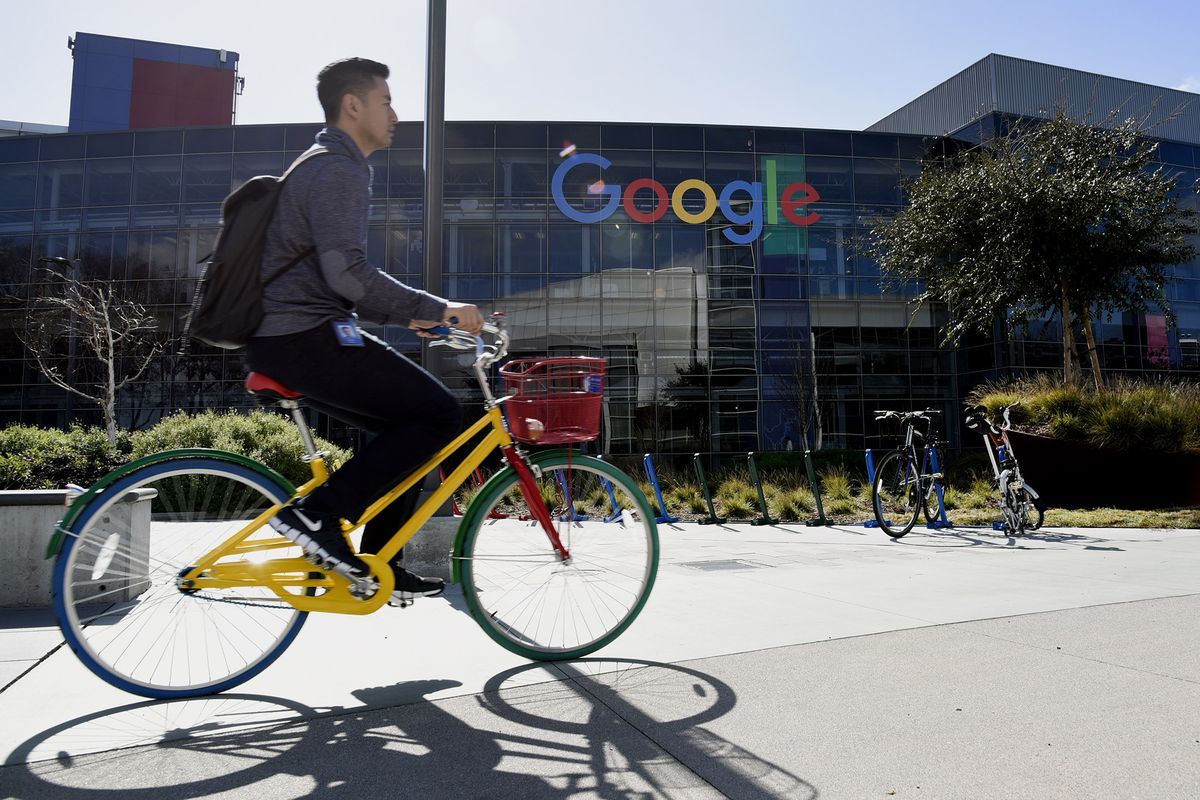
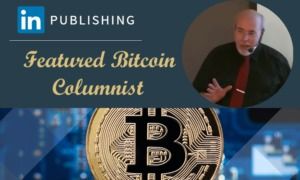

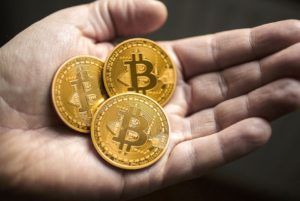
 Bitcoin is clearly a store of value, and it is beginning to displace gold and the US dollar as the recognized reserve currency (it is gradually becoming the new gold standard). But before Bitcoin can serve as a widely adopted everyday currency (i.e. as a payment instrument—with or without the stored value of a currency unto itself), it must first incorporate technical improvements that speed transactions and lower cost.
Bitcoin is clearly a store of value, and it is beginning to displace gold and the US dollar as the recognized reserve currency (it is gradually becoming the new gold standard). But before Bitcoin can serve as a widely adopted everyday currency (i.e. as a payment instrument—with or without the stored value of a currency unto itself), it must first incorporate technical improvements that speed transactions and lower cost.